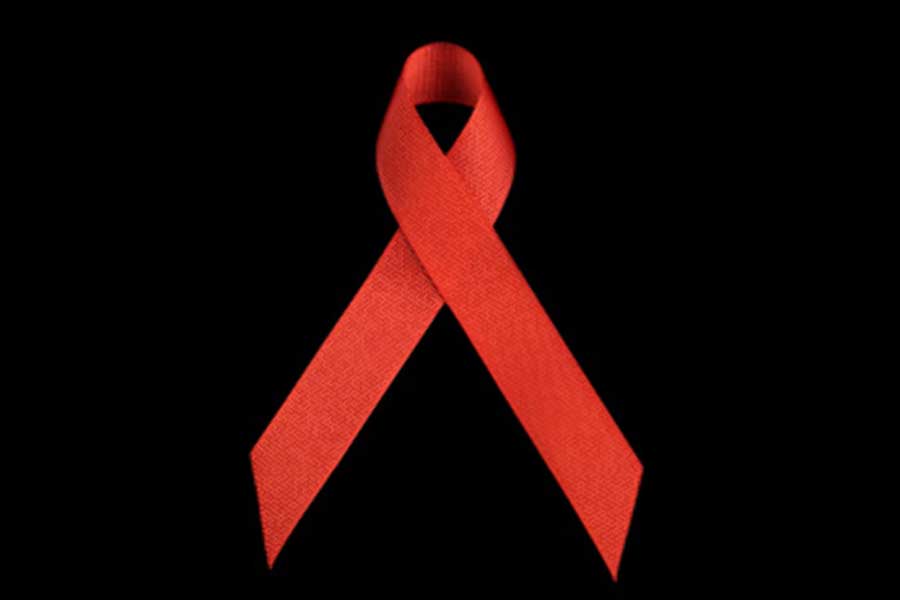A Philadelphia woman with HIV recently received $8,500 from a Montgomery County rehabilitation center after being told she couldn’t continue receiving paraffin-wax treatments for fibromyalgia in her hands unless she wore gloves.
Under the settlement, which was reached several months ago, the names of the woman and the rehab center remain private.
Patients at the center place their hands into a basin of heated paraffin wax, which is therapeutic for a variety of disorders, including fibromyalgia. But when the center realized the serostatus of the woman, she was told to don gloves before placing her hands in the basin.
Apparently, center officials were concerned that HIV could be transmitted to other patients unless gloves were worn. The specific type of gloves the woman was expected to wear is unknown.
Adrian M. Lowe, staff attorney at the AIDS Law Project of Pennsylvania, said the woman was “devastated” and stopped utilizing the rehab center’s services.
The law project filed a demand letter on behalf of the woman, explaining the rights of people with HIV under city, state and federal laws.
In June 2015, a settlement was reached, requiring the center to pay the woman $8,500 for the emotional pain she endured.
“She was glad to get the money, but it didn’t actually make her feel better about the discrimination,” Lowe said.
The law project didn’t receive any compensation from the rehab center for its legal fees.
“In the interest of expediting a settlement, we didn’t take fees,” said Ronda B. Goldfein, the law project’s executive director. “This was a pretty straightforward case. While the rehab center didn’t admit to any wrongdoing, they weren’t denying the facts.”
Unfortunately, Goldfein said, the rehab center now requires everyone availing themselves of its paraffin-wax treatments to wear gloves.
“It’s a puzzle to us,” Goldfein said. “They’re protecting against a non-infectious event. They’ve adopted a step in the protocol that’s not necessary.”
She noted that the woman didn’t have any skin irritation on her hands.
Lowe said numerous health-care venues have discriminated against people with HIV/AIDS, which keeps the law project busy.
“Seventy-six percent of our discrimination cases in the last 10 years involve denials of health care,” Lowe noted. “We don’t know why people who should know better are continuing to get it wrong.”
